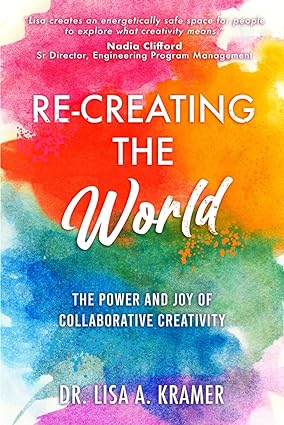Reading, Writing, and Reviewing
“A good review is the literary equivalent of a love note.”
― Aly Zigada
Why reviews matter
Do you know what is worse for a book than a bad review? Silence. No reviews whatsoever.
Why? Because reviews, even bad ones, mean that people are actually reading the book. It's that simple--reviews mean readers. Sure, an awful review (or a series of them) can kill a book, but it really depends on the content of that review. The worst one I received for P.O.WER said more about the reader than about the book. It hurt when I first received it, but when I realized that that reader really only loves books about cats, I was able to brush it off.
Ultimately, though, the silence from readers hurts more. I know that more people have read my book than have reviewed it. I still have friends promising to write the reviews, and never doing it. Does this mean they didn't like the book? No, it means that writing reviews is difficult. Even when you love a book, it can be challenging to explain why you loved it. And, if you are like me, writing a soul-crushing review about something that an author has poured themselves into for who knows how long, is not easy either. Any artist, any person, has the tendency to take negative comments as an attack on them personally, rather than a reflection of something that didn't work FOR THAT READER in the work itself.
I emphasize the importance of the READER, because ultimately that is what a review is--one reader's response to a book that they have read. Authors have 3 choices when it comes to reviews:
- they can take the words to heart, flagellate themselves, get angry, and give up
- they can learn from the reviews and work to improve on the next project
- they can ignore them completely, and just be happy that people are reading their books
Building a Writing/Reading Community
I have only recently returned to the land of the active author. By that I mean that, for a while I found it impossible to put my words onto the page. Then I found my voice again, thanks to a lot of inner work and a decision to change my priorities in life. I finished a novel that I am now querying, and I've started another project.
During that non-writing period, I also found myself reading less. Or, if I read something, I found myself reluctant to write reviews. I stopped for a number of reasons:
- Writer's block didn't just include my own work.
- I was reading a lot of mediocre books. They weren't awful. They filled my need of fluffy distraction, but I didn't have much to say about them.
- I had been inundated with review requests from other authors. That's fine, I get it, we all want reviews on books. But here's the thing--I was getting requests for reviews from authors who NEVER REVIEW ANYTHING THEMSELVES
Now that I have re-entered the land of the active author, I have also made attempts to become more interactive. I want to learn and grow, as well as support other authors. I've joined workshops and writing groups. I've slowly embraced Twitter (you can find me there @LisaWieldsWords. I've exchanged work, done paid editorial and book coaching work, answered questions, followed people, and had conversations. When one person suggested that this become #ReviewMay, I committed to doing that. I will review every book I read this month. To me, this is part of the job of becoming an author. Sure, I need to write, but I also need to read, exchange ideas, live life, and grow.

Authors Writing Reviews
Here's the thing, I mentioned that on Twitter, and wrote "what should I read next?" and people responded. My favorite responses were from people recommending other people's books. My least favorite were simply links to author's own books with little comment except perhaps a "Thank you" which assumed I would be reading their book next. [Trust me, I am guilty of this myself, but now I am rethinking this action.]
You see, the thing is I am more likely to read a book recommended by a READER than the WRITER.
Don't get me wrong, I understand the purpose of promoting your own work. I will suggest my own work when I meet someone that I think would enjoy it, or that it suits. I realize that my books appeal to some readers, and not others. Understanding who someone is as a READER shows me who they might be as a writer.
I have read too many books by authors who don't read. The truth is that, when authors don't read, it shows in their writing. So, when an author recommends other authors, or understands me as a READER, then I am more likely to be interested in their writing.This doesn't mean that I will not review books sent to me by the author. I just started reading one that appealed to me as a reader, and I look forward to writing the review.
If you want to know who I am as a writer, look at how I respond to books as a reader.
And authors, please, don't just ask for reviews, but write them yourself.

What should I read next? Recommend a book you loved to read.
